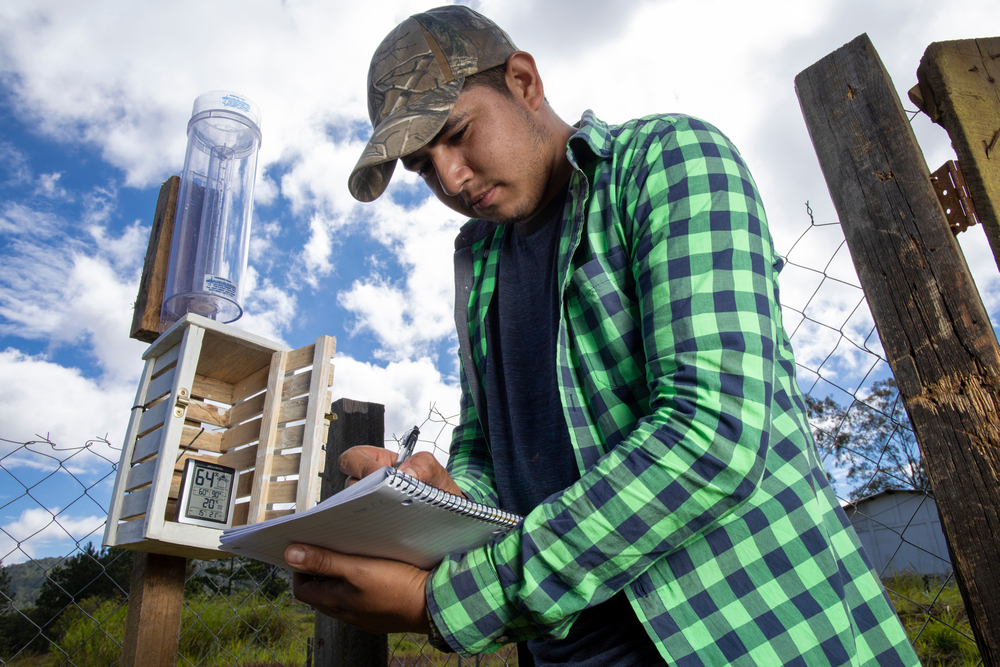Assessing a Temporary Jobs Program for At-Risk Young Adults in Honduras

In partnership with IPA and the World Bank, researchers conducted a randomized evaluation in Honduras to measure whether a temporary jobs program for at-risk young adults improved employment and reduced incidences of violence.
Honduras consistently has one of the highest homicide rates in the world, and most victims and perpetrators of this violence are adolescents and young adults in marginalized urban settings with limited employment opportunities.1 Evidence suggests that addressing these adolescents’ soft skills, mental health, and decision-making can improve employment and livelihoods.2 As part of the Safer Municipalities Project to reduce crime, the Temporary Jobs Program for At-Risk Youth (PGET) enables young adults aged 18-30 who are not in education, training, or regular work, or training to participate in the local labor market and increase their formal employment opportunities. PGET has four main components: a vocational skills training program, group-based cognitive behavioral therapy, a temporary job, and a cash grant.
In collaboration with IPA and the World Bank, researchers conducted a randomized evaluation to measure whether PGET improved labor market outcomes and reduced violence. A total of 697 adolescents and young adults from the municipalities of La Ceiba, Choloma, and El Progreso were randomly assigned to either participate in PGET or serve as a comparison group.
Final results of the evaluation will be available later in 2025. See the preliminary results in this World Bank report.
Sources
1. Arron Daugherty, “How Gang Violence Affects Northern Triangle’s Youth,” InSight Crime, November 3, 2015, https://insightcrime.org/news/brief/gang-violence-impact-northern-triangle-youth/
2. Blattman, Christopher, and Laura Ralston. "Generating employment in poor and fragile states: Evidence from labor market and entrepreneurship programs." Available at SSRN 2622220 (2015).
Blattman, C., Chaskel, S., Jamison, J.C. and Sheridan, M., 2023. Cognitive Behavioral Therapy Reduces Crime and Violence over Ten Years: Experimental Evidence. American Economic Review: Insights, 5(4), pp.527-545.
Partner













